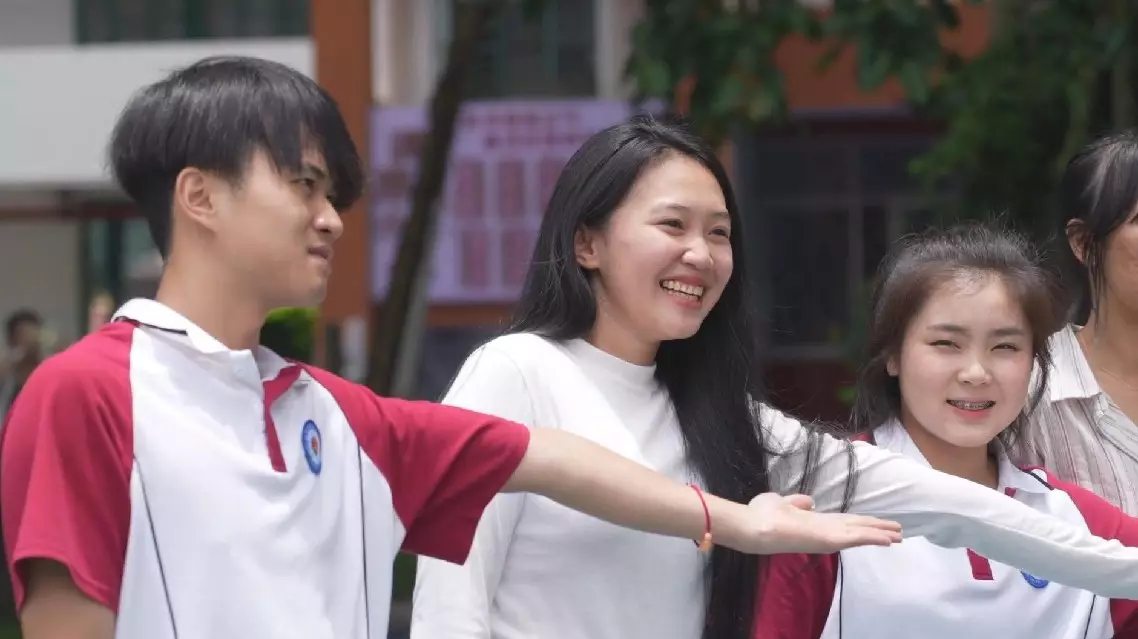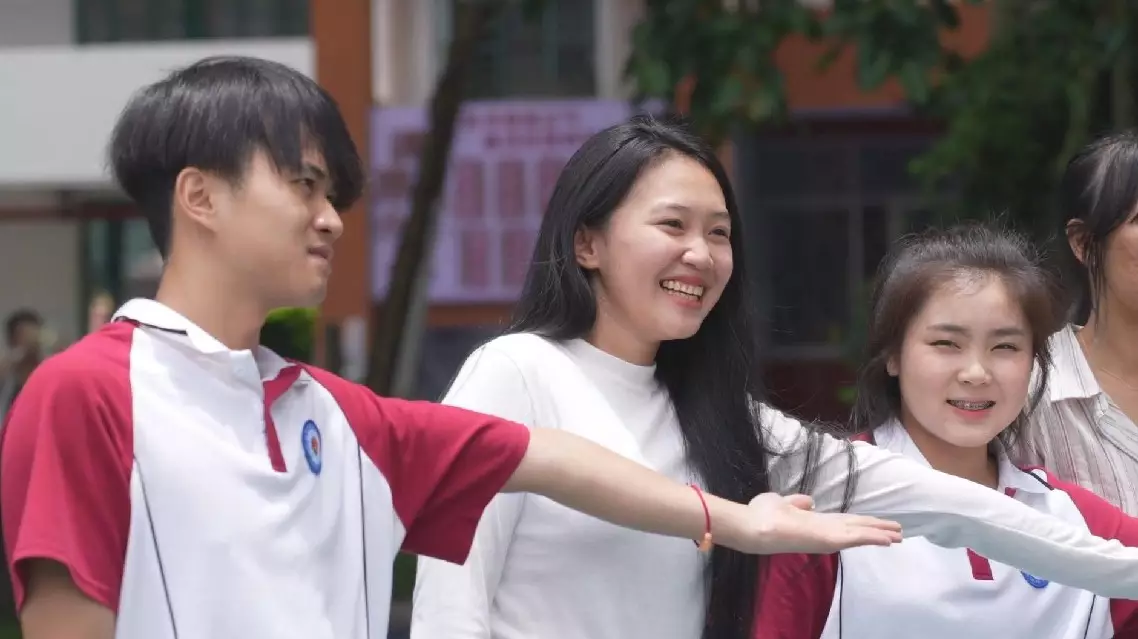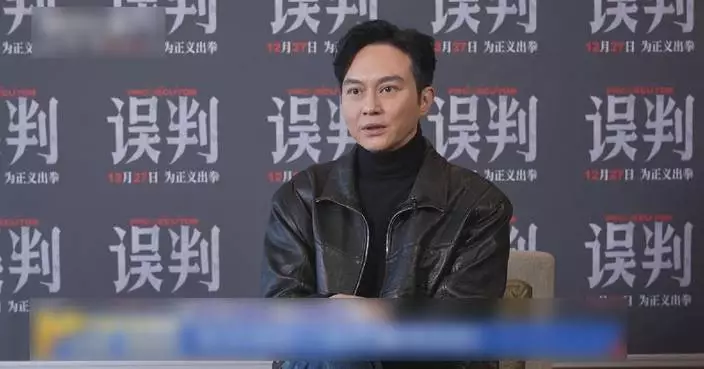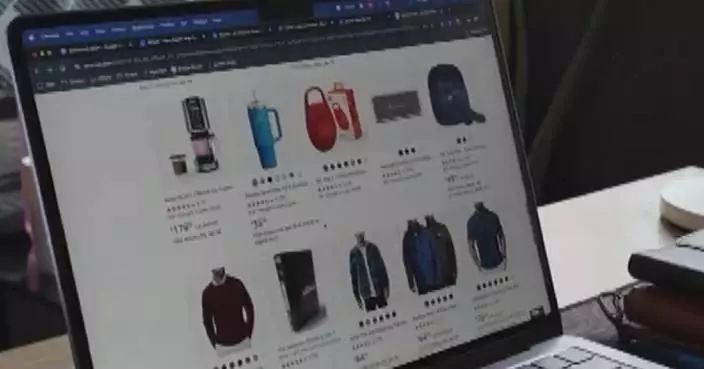Chinese swimmers were subjected to unfair double standards and faced a "witch hunt" with the amount of testing they were subjected to ahead of the recent Paris Olympic Games, said an American scholar and expert on the sports industry.
Daniel Kelly II, a professor at New York University's Preston Robert Tisch Institute for Global Sport, criticized the U.S.' attitude towards the World Anti-Doping Agency (WADA) and the way in which Chinese athletes were hypocritically targeted by anti-doping authorities.
The ongoing dispute between the U.S. and international anti-doping agencies intensified following revelations that American athletes involved in doping scandals have been granted special treatment, seemingly in exchange for acting as whistleblowers.
In response, WADA issued a stern rebuke to the U.S. Anti-Doping Agency (USADA), and said in a statement that this practice is a blatant violation of both WADA and the USADA's own regulations.
Meanwhile, it emerged that anti-doping organizations had tested each Chinese swimmer an average of 21 times since the start of the year, compared to an average of just six times for American swimmers and four times for Australians, the sport's governing body World Aquatics revealed prior to the opening of the Paris Games.
The most recent data provided on the WADA's website showed that there were over 19,000 samples collected from Chinese athletes, the largest sampling of all listed countries, though China was notably ranked at the bottom of the list of the top ten countries with doping violations, with just 0.2 percent.
In an interview with the China Media Group (CMG), Kelly said this was a clear sign of the unfair "double standards" being applied.
"There is a double standard -- 21 tests for Chinese swimmers is outrageous when you compare it to six tests per U.S. swimmer. For Great Britain, it was four per British swimmer. For France, it's four per French swimmer. So, these increases targeting the Chinese swimmers just seems out of any considerable effort for reasonable doubt. Overall, they have been testing more than they did in 2016 with Rio and 2020 with Tokyo. And so it's over 1,000 more out-of-competition tests, over 50 percent more in-competition testing, and so it just seems that the ratio of testing was increased, but it seemed to focus exclusively on the Chinese swimmers," he said.
Despite the disruption caused by the excessive testing, China's swimmers performed well in Paris, with 20-year-old Pan Zhanle making history as he set a new world record time on his way to winning gold in the men's 100m freestyle.
Kelly said that the whole the testing situation for Chinese athletes has been poorly handled when compared to the treatment afforded to other nations.
"My take on it is that the Chinese swimmers have been targeted. Even though they were overly tested, it just seemed that there was a witch hunt for the rationale behind why they were tested so much. And we're seeing that the testing procedures are a part of this process. We're seeing that athletes are being tested. And then we're seeing that the cases for the appeals and contaminated meat are not being respected equally. And then we're seeing, of course, on the back end, the Chinese athletes getting negative treatment by being tested almost seven times more than their counterparts from the U.S., France, and from Great Britain. So, overall, it just seems that the Chinese athletes were not treated fairly, even though they were quite successful during the Games," said the professor.

U.S. sports expert calls out double standards, "witch hunt" against Chinese swimmers










